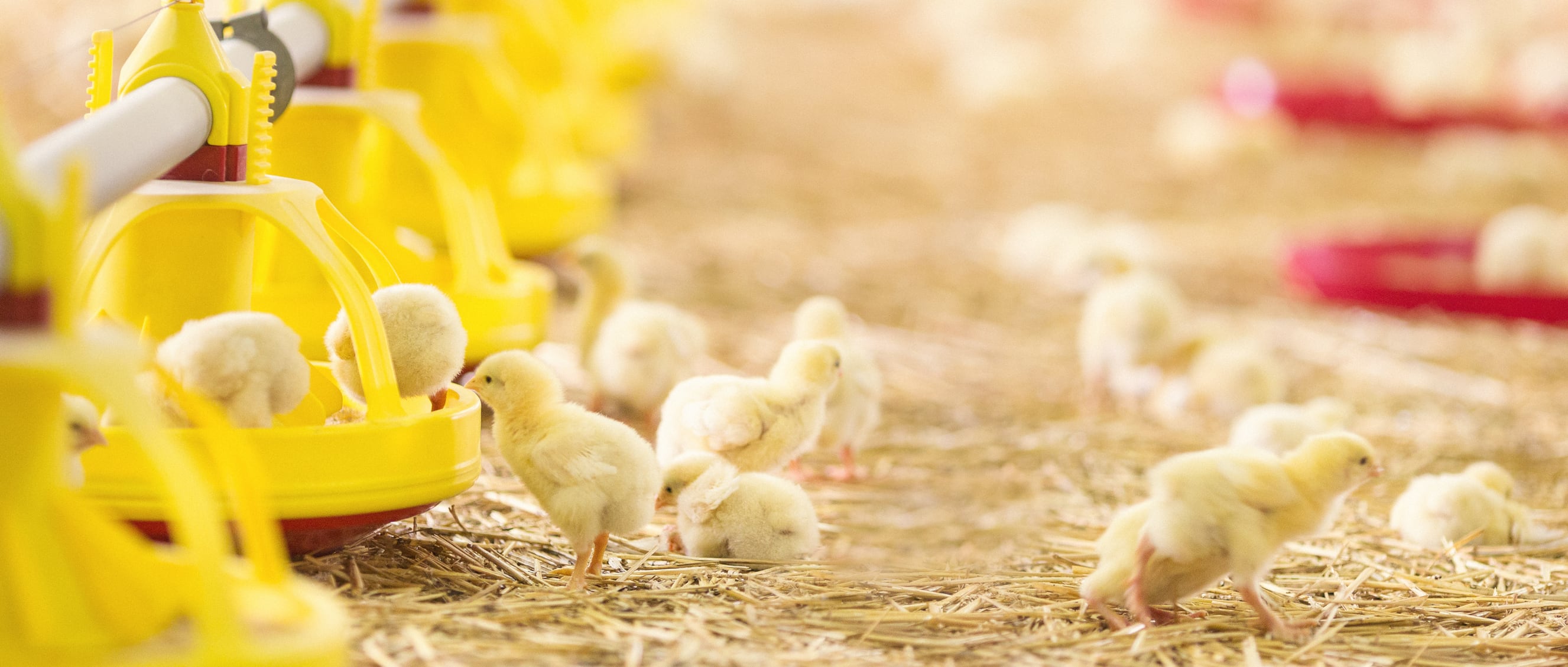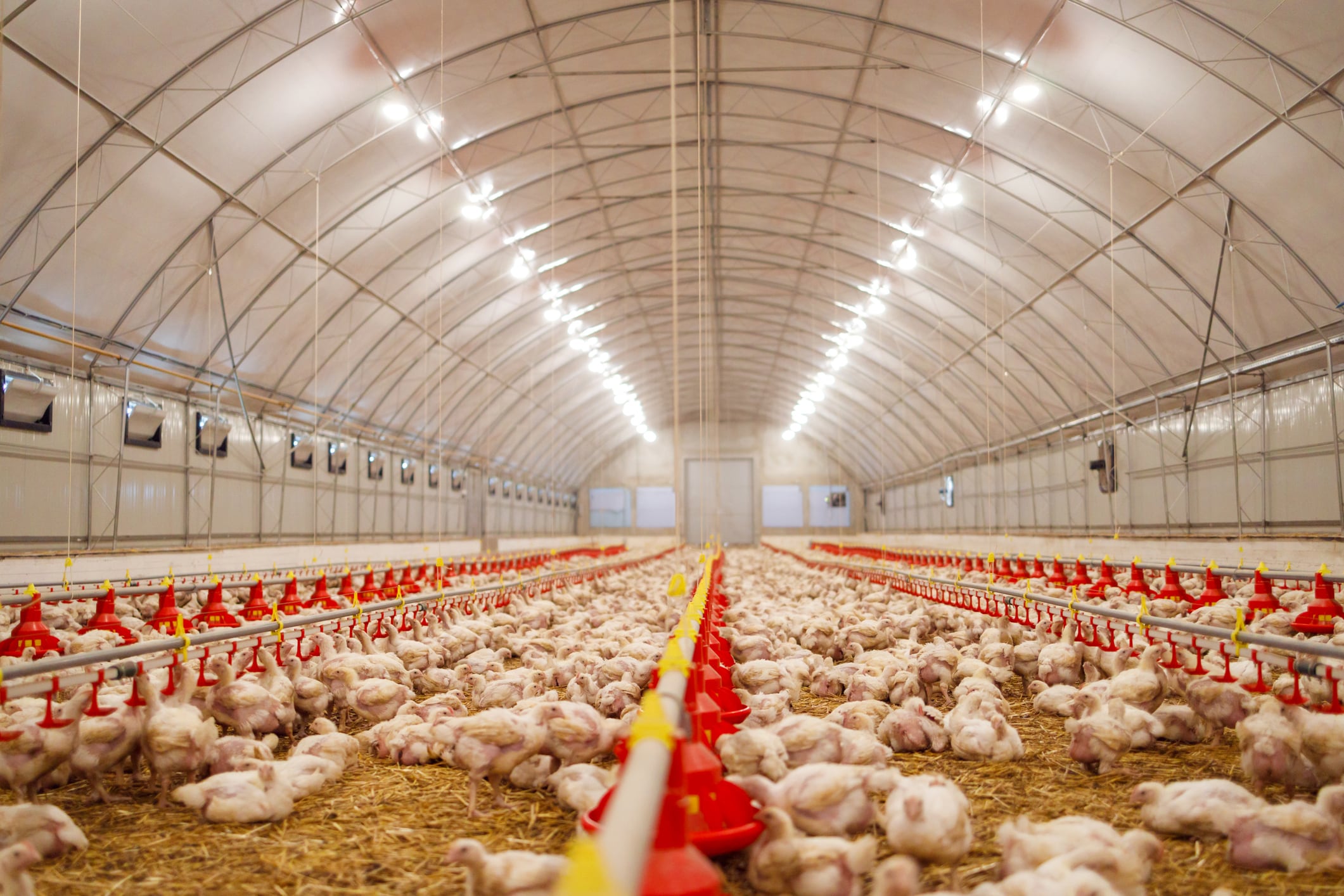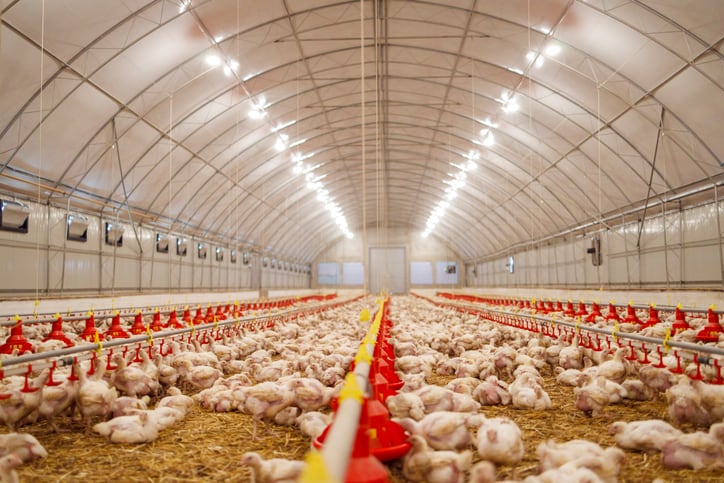The Foundation for Food & Agriculture Research (FFAR) flags the role it is playing in reducing the risk of disease outbreaks across US farming.
“FFAR is able to mobilize funds quickly - often in just two to three months - to advance innovative, high-risk research,” Lauren Hershey, FFAR’s director of strategic partnerships, told us during the recent Animal AgTech Innovation Summit in Dallas.
One of FFAR’s key mechanisms for rapid response is the Rapid Outcomes from Agricultural Research (ROAR) program. “ROAR enables swift action against unexpected threats like H5N1 (bird flu) and African swine fever virus (ASFv) - both highly contagious diseases that pose serious risks to farm productivity and profitability,” continued Hershey.
Among recent examples of FFAR’s fast-tracked interventions is a grant to USDA and Kansas State University for the development of safe, quickly deployable vaccines against ASFv. Another grant was awarded to Agrinerds Inc to create a tool that delivers real-time data to producers about nearby waterfowl activity - a key step in mitigating exposure risk.
“With bird flu spreading from waterfowl to farms, this knowledge helps producers understand and minimize their exposure risk,” Hershey explained.
In Florida, FFAR funded a University of Florida project aimed at combating the corn tar spot pathogen, which threatens both sweet and field corn. “The team’s research identified the cause of the disease and offers valuable information to support breeding tar spot-resistant corn varieties and effective disease management practices,” said Hershey.
US competitiveness
Through its collaborations with the private sector, academic institutions, and farmers, FFAR wants to not only tackle agricultural pests and diseases, but to lower production costs, and help reduce prices for consumers.
“FFAR also aims to bolster US competitiveness globally at a time when China and Brazil are heavily investing in agricultural R&D,” reported Hershey.
The organization’s recent partnerships include a collaboration with the Swine Health Information Center and the Pork Checkoff to fund the H5N1 Risk to Swine Research Program. Additionally, FFAR and the American Association of Veterinary Medical Colleges launched the FFAR Veterinary Student Research Fellowship, designed to address the US shortage of veterinarians specializing in livestock and poultry.
“That vet shortage is threatening public health, food safety and the economic vitality of US agricultural communities,” Hershey noted.
Bird welfare
In another initiative, FFAR and McDonald’s recently co-invested in two SMART Broiler research projects; that research work is aimed at enhancing broiler chicken welfare using precision monitoring technologies.
“A SMART Broiler research team published a March 2025 study in Smart Agriculture Technology that shows low-cost cameras and AI can automatically estimate the weight of broiler chickens. The chickens’ weight is used to monitor bird health and welfare,” said Hershey.
“This research demonstrates a significant advancement in machine vision technology for the broiler chicken sector and has the potential to replace manual weighing methods, reducing labour costs and minimizing stress on the birds. With further refinement, this system could improve US farm efficiency, provide real-time flock data and help farmers make more informed business decisions,” she added.
SMART Broiler program
Launched in 2019, the SMART Broiler program is a $4m public-private partnership between FFAR and McDonald’s, supporting research into objective, tech-driven methods for assessing chicken welfare. In its first phase, six projects received over $2m in grants. The second phase builds on the most promising results, funding solutions for broader commercial implementation.
Two awardees from Phase II include:
Marian Dawkins of the University of Oxford received $271,865 to continue testing OPTICFLOCK - a real-time monitoring system using CCTV and on-farm computers to track welfare indicators such as mortality, leg health, and infections.
Niamh O’Connell of Queen’s University Belfast was awarded $399,616 to adapt intelligent surveillance tools for real-time tracking of individual birds. Her FlockFocus system monitors weight, feeding patterns, and movement within the chicken house, with potential applications beyond poultry.
Janet Helms, McDonald’s global sustainable sourcing animal health and welfare senior manager, emphasized the broader potential of this work: "Through the commercialization and scale of SMART Broiler solutions, McDonald’s and integrators alike can anticipate improvements to their key welfare indicators and overall progress towards their respective animal welfare initiatives. The ability to accurately measure and demonstrate improvement in welfare and behavioural outcomes becomes a potential differentiator in a commodity market."
Data sharing
FFAR is also investing in data infrastructure through the Better Deal for Data project, led by Jim Fruchterman, founder and CEO of Tech Matters. The initiative seeks to create tools for improved data access and sharing among farmers.
“Agriculture data is locked in incompatible silos, as there are currently no consensus approaches for US farmers to use and share their data securely to make better, scientifically backed decisions that enhance the productivity and health of their farm,” said Hershey.
To support broader access to data, FFAR funded the Better Deal for Data to assist the grantee, Tech Matters, in the review of software technology to identify the best existing tools for farm data collection, analysis, decision support and authorization for use. “This project will ensure that the wider use of and access to data benefits both farmers and the larger agricultural community.”





